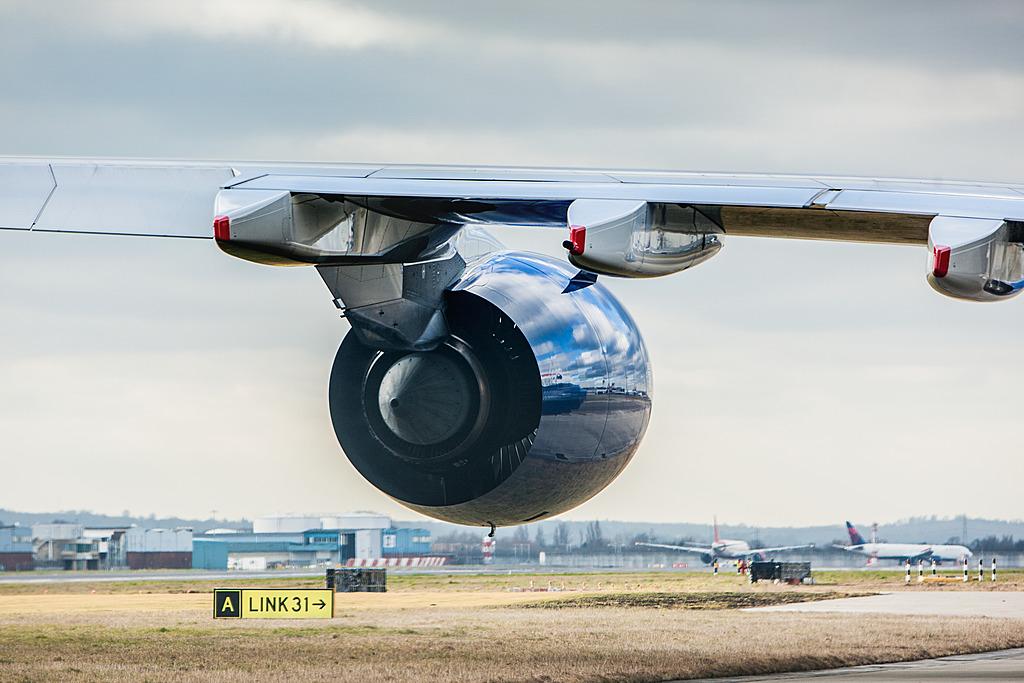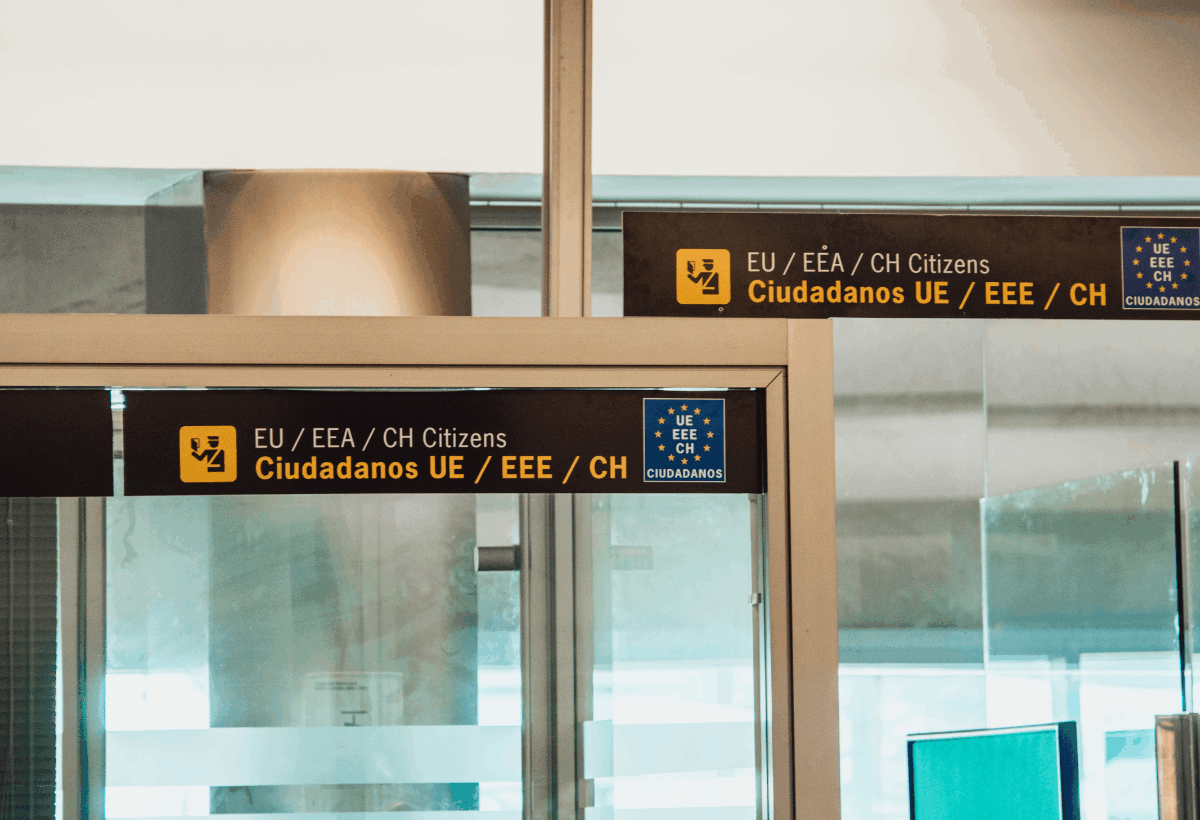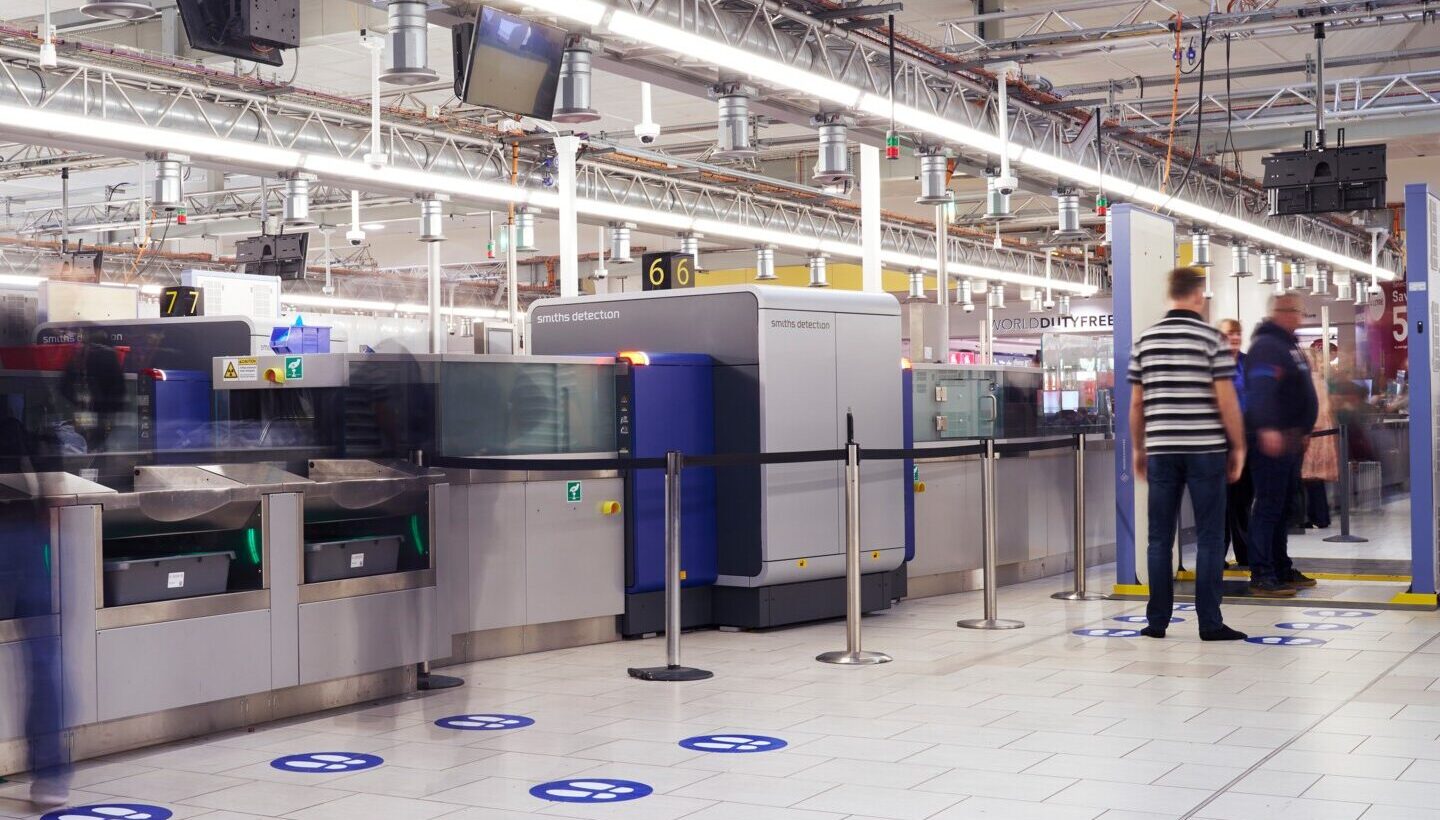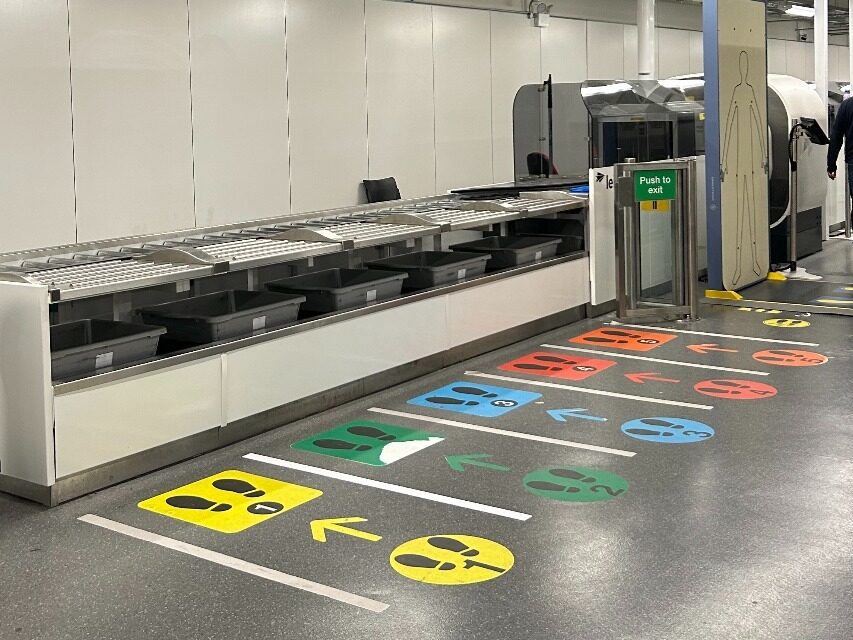The European Union Aviation Safety Agency (EASA) has published a new Safety Information Bulletin (SIB) aimed at raising awareness of the risks that lithium batteries can pose to air travel.
Issued in response to a recent spate of safety events related to lithium batteries carried on board commercial passenger aircraft, the new SIB compiles and updates information from previous statements on lithium batteries.

The SIB also calls on airlines to both extend and reinforce their current communication to passengers relating to the risks of carrying lithium batteries, urging for careful consideration and attention to be called in order to mitigate their associated risks.
Jesper Rasmussen, Flight Standards Director at EASA, said:Smart phones and computers powered by lithium batteries are now an inherent part of our daily lives, and we know that each passenger now takes four to five such items with them on a flight.
Airlines and their ground staff need to make sure passengers know how to travel with these items responsibly. This includes prompting them to think carefully about not packing the devices in their check-in baggage but carrying them on board instead, so that they can be monitored and dealt with if something happens.
A large number of portable electronic devices (PEDs) powered by lithium batteries are currently permitted on board flights, including mobile phones, laptops, tools and drones whilst some PEDs, such as scooters, hoverboards and other types of drones, are equipped with powerful lithium batteries not permitted to be carried onto flights. Power banks are not classified as PEDs, but spare batteries are.
Lithium batteries can become a safety hazard in the event of a malfunction, mechanical rupture, short circuit or if they are exposed to heat, with the internal substances potentially then reacting in an uncontrolled manner instead of gradually releasing their energy as a form of current, meaning they can overheat, catch fire and/or release toxic smoke.
Currently, e-cigarettes and power banks are considered extremely dangerous, with both being forbidden in checked-in luggage, as are spare batteries. The charging of e-cigarettes and power banks is also forbidden onboard, with the latter not permitted to charge any other items during a flight.
The new SIB looks to raise passenger awareness of the risks posed by PEDs, e-cigarettes, power banks and other lithium battery-powered devices by highlighting the importance of communicating the potential dangers to passengers, drawing attention to the proper training of ground staff and cabin crews on all potential safety fears.
The SIB emphasises the following communication points be given to passengers:
- E-cigarettes and power banks should be carried where they can be monitored (on the person). If not possible, they must be in carry-on baggage and protected in the same way as described below for spare batteries.
- PEDs should only be charged through the on-board power supply systems and should be monitored at all times by the passenger. Power banks should not be used to charge PEDs during the flight.
- When not in use during the flight, PEDs should be protected against damage and unintentional activation.
- The limitation in watt-hours (Wh) for each PED is 100 Wh and, only with the operator’s approval, 160 Wh. The communication should include examples of commonly used devices.
- Spare batteries, including power banks, and e-cigarettes, when packed in carry-on baggage, should be protected from short circuit (e.g. by carrying them in their original packaging, taping their terminals, and putting them inside a plastic bag or box). They should also be protected from unintentional activation as well as stowed as far as possible within the bag from any other battery and/or potentially flammable item (e.g. perfume). Whereas charging e-cigarettes is forbidden, using or charging power banks is not forbidden but strongly discouraged.
- Aircraft operators and ground handling service providers should also make passengers aware of the risks caused by PEDs being short-circuited, damaged or caught in the movable part(s) of a seat.













